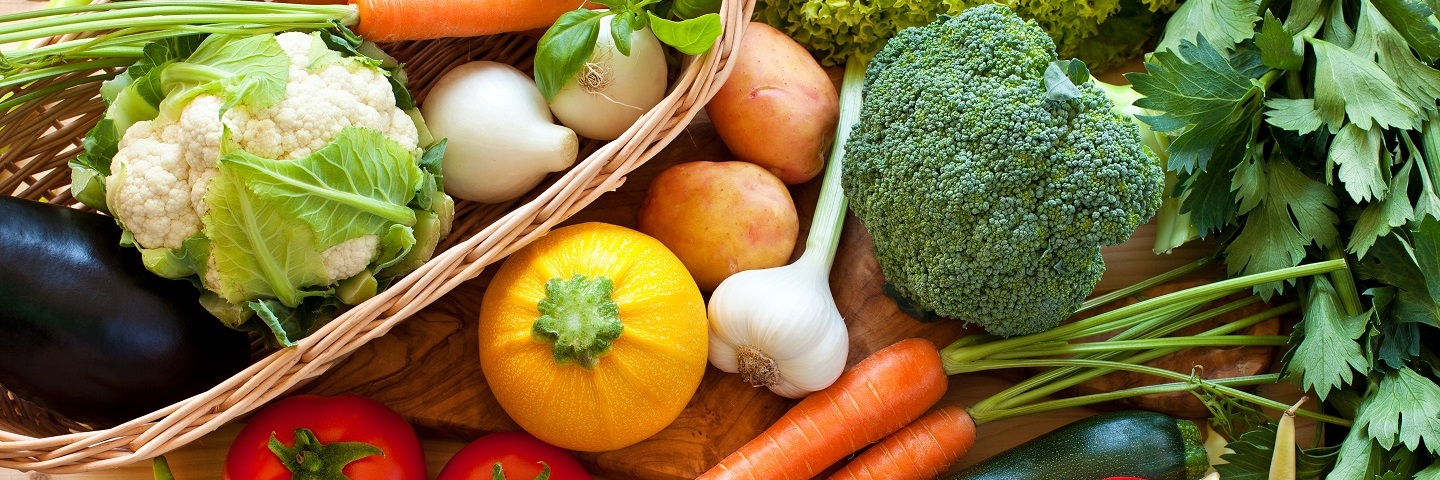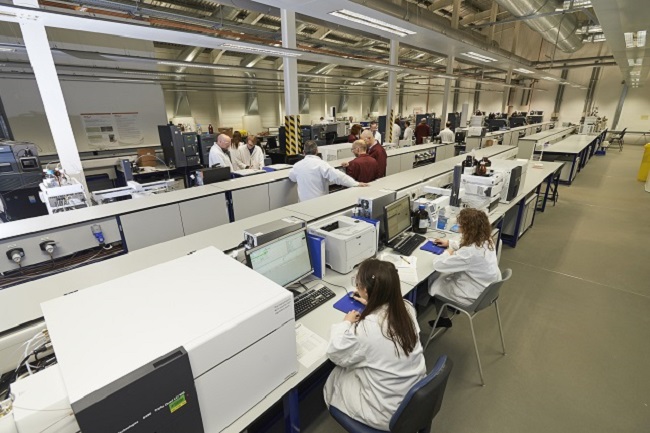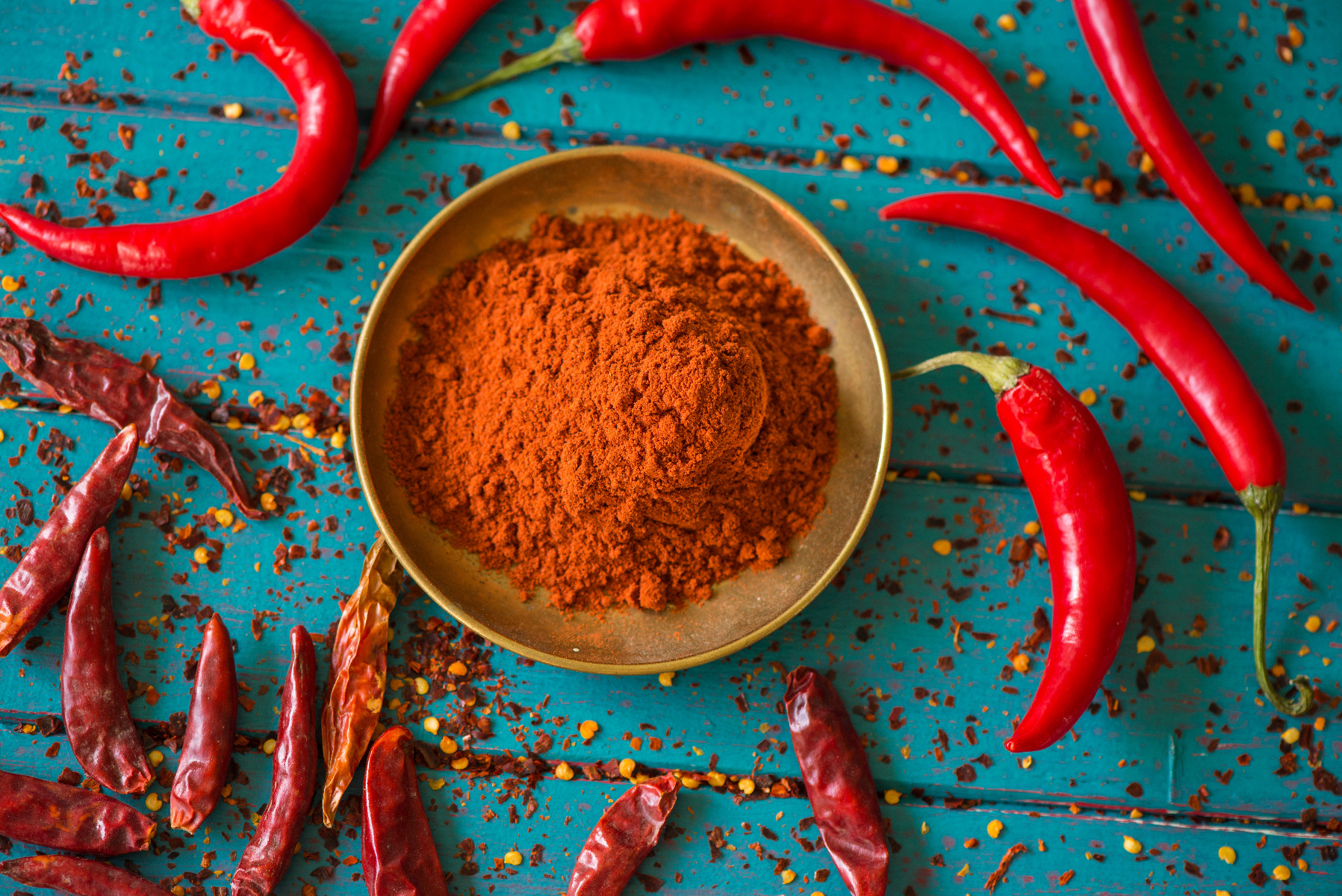
Visit our other sites
-
Fapas - Proficiency Testing
Globally recognised provider of proficiency tests, running over 400 tests annually across an extensive range of matrices and analytes
-
Great Crested Newts Testing
A single sample taken by an ecologist at any time during the newt breeding season can determine their presence or absence, saving you time and money
- As new risks and threats to our food emerge daily, it’s essential that you stay up to date with the latest food testing and analytical techniques – to ensure the foods you produce, import or sell are safe, authentic and comply with the latest regulations.
- Contact Us

Fera has the food testing expertise and regulatory knowledge to help you maintain the skills and understanding required to meet stringent regulatory requirements.
We offer training programmes across a broad range of specialist areas, from pesticide residue testing to food authenticity analysis. All of the training we offer can be tailored to suit your specific business needs, the number of delegates you wish to train and the time and budget you have available.
-
Learn in world-class facilities using state-of the art analytical equipment
-
Courses taught by internationally recognised experts
-
Comprehensive course materials supported by extensive R&D findings
-
Practical technical advice, supported by relevant case studies
All of our training courses are taught by leading experts in our own world-class laboratories, using the very latest testing and analytical facilities. Courses will incorporate elements of classroom training and practical hands-on laboratory work where shadowing and discussions take place to ensure best practise techniques are undertaken.
Our bespoke food training courses represent the ideal way for you and your teams to develop your analytical skills and sharpen your knowledge in the context of today’s ever-changing and emerging food issues as well as within a challenging regulatory framework.
Our Training Courses
Fera offers food safety training courses in the following areas, all of
which can be tailored to your specific requirements:
Pesticide residues in foods
Training in a portfolio of multi-residue and single residue methods commonly used in the EU for determining pesticide residues in fresh produce.
Veterinary drug residues in food
Learn methods for determining veterinary drug residues in a wide range of animal products.
Mycotoxins in foods
Training in methods routinely used in the EU for analysing mycotoxins in food.


Trace elements in foods
Understand methods for measuring heavy metals in food, beverages and clinical samples.
Food Authenticity
Training in stable isotope analysis to detect food adulteration and determine food origin.
Principles of LC-MS
Discover the general principles of LC-MS, with a particular emphasis on the different types of ionisation, mass analysers and modes of operation best suited to analysing chemical residues and contaminants in food.
Contact us
Principles of GC-MS
Learn the general principles of GC-MS, with a particular emphasis on the theory behind gas chromatography and its related techniques.
Process contaminants
Learn about the methods routinely used for analysing process contaminants in food.
PAHs in Food
Discover the methods routinely used in the EU for analysing Polycyclic Aromatic Hydrocarbons (PAHs) in food, focusing on using GC-MS laboratory methodology to meet the method performance requirements of European Regulations.


Copyright © 2025 Fera Science Limited (“Fera”). All rights reserved.
For further information about how Fera uses any personal data collected from you, please see our Privacy Notice at www.fera.co.uk/privacy-policy.

